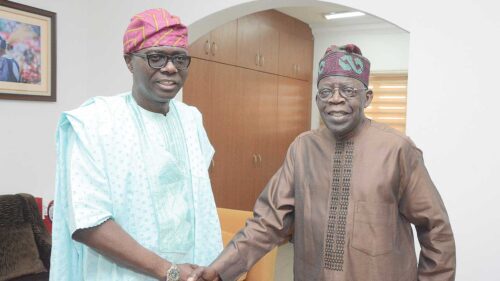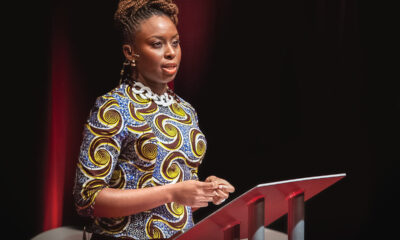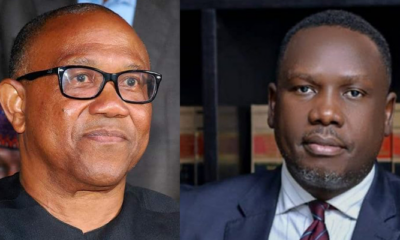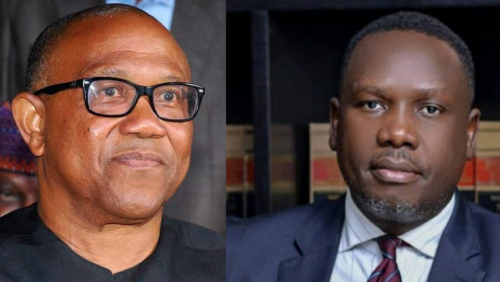BIG STORY
Governor Babajide Sanwo-Olu Felicitates President Tinubu At 72

- /home/porsch10/public_html/wp-content/plugins/mvp-social-buttons/mvp-social-buttons.php on line 27
https://porscheclassy.com/wp-content/uploads/2024/03/Sanwo-Olu-Tinubu-1000x600.jpg&description=Governor Babajide Sanwo-Olu Felicitates President Tinubu At 72', 'pinterestShare', 'width=750,height=350'); return false;" title="Pin This Post">
- Share
- Tweet /home/porsch10/public_html/wp-content/plugins/mvp-social-buttons/mvp-social-buttons.php on line 69
https://porscheclassy.com/wp-content/uploads/2024/03/Sanwo-Olu-Tinubu-1000x600.jpg&description=Governor Babajide Sanwo-Olu Felicitates President Tinubu At 72', 'pinterestShare', 'width=750,height=350'); return false;" title="Pin This Post">
-

 BIG STORY3 days ago
BIG STORY3 days agoFrom Harvard With Love: Why Ijebuland Is Blessed With A Strong Choice
-

 BIG STORY4 days ago
BIG STORY4 days agoJUST IN: Five Feared Dead As Bandits Attack National Park In Oyo
-

 BIG STORY4 days ago
BIG STORY4 days agoBREAKING: Peter Obi’s Ex-Running Mate, Datti Baba-Ahmed Declares Presidential Ambition
-

 BIG STORY3 days ago
BIG STORY3 days agoBREAKING: Chimamanda Adichie Loses 21-Month-Old Son
-

 BIG STORY4 days ago
BIG STORY4 days agoTax Reforms Will Support Sustainable Growth, Not Targeted At Opposition Figures —– NRS Chairman Zacch Adedeji
-

 BIG STORY1 day ago
BIG STORY1 day agoPeter Obi Is A ‘Character-In-Chief’, I Know The Junction Where Madman Who Advised Him Stayed In Anambra —- Bwala
-

 BIG STORY4 days ago
BIG STORY4 days agoBREAKING: Malami, Son, Wife Granted N500m Bail Each
-

 BIG STORY5 days ago
BIG STORY5 days agoAnthony Joshua Seriously Considering Retirement From Boxing After Car Crash —- Uncle
























